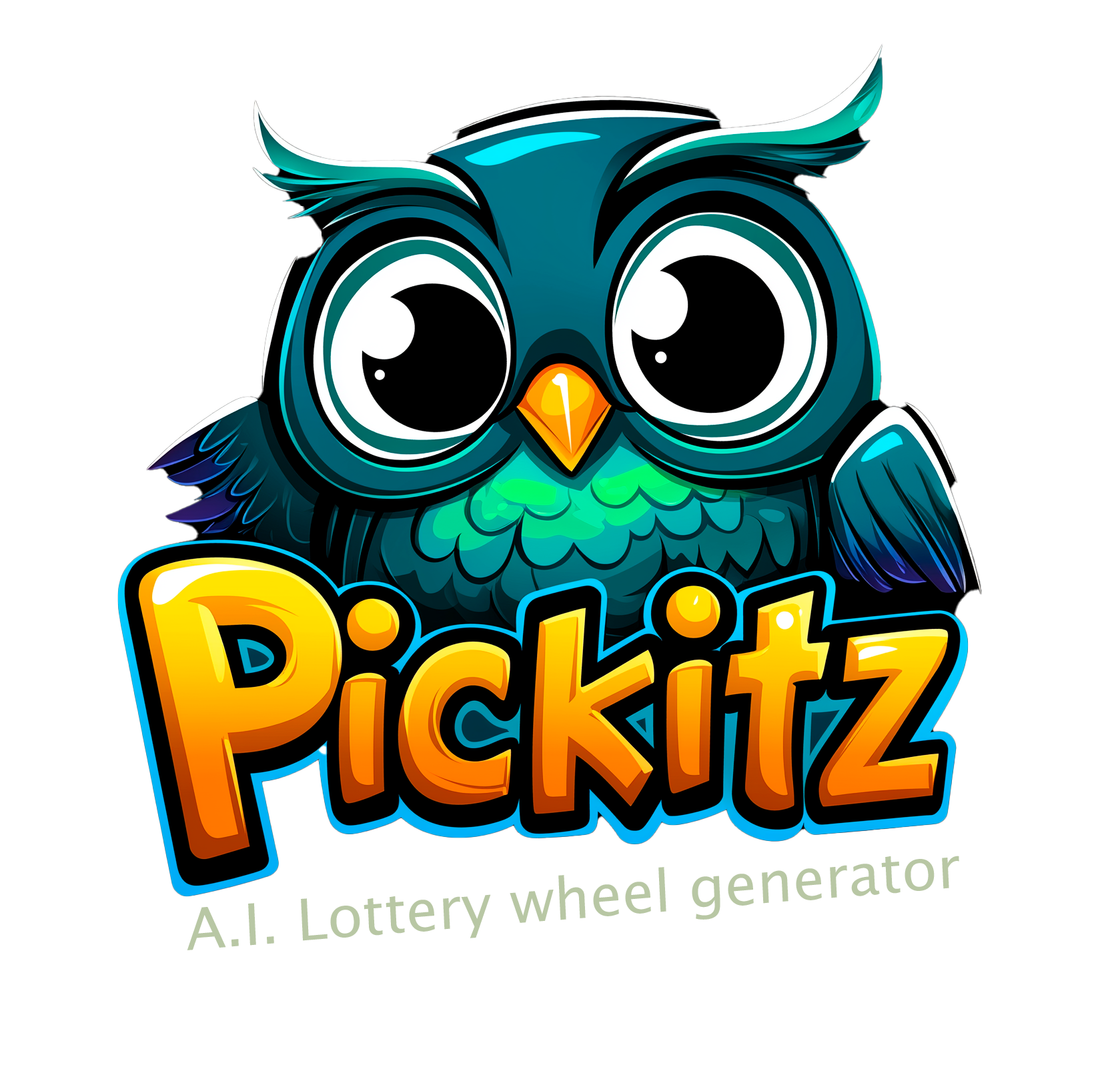When we think about lotteries, we typically imagine a completely random process where numbered balls bounce around in a machine before being drawn. This classical view of randomness—where each number has an equal chance of being selected—has been the foundation of lottery games for centuries. But what if we told you there's a deeper level of randomness at play in our universe? A fundamental randomness that challenges our intuitive understanding of probability?
Welcome to the fascinating intersection of quantum physics and lottery games, where the strange rules of the quantum world offer a new perspective on chance, probability, and potentially even the way lottery drawings could be conducted in the future.
Classical vs. Quantum Probability
In classical probability—the kind used in traditional lottery drawings—uncertainty comes from a lack of information. When you flip a coin, it will land either heads or tails based on the initial conditions of the flip, the air resistance, and other physical factors. In theory, if you knew all these variables with perfect precision, you could predict the outcome with certainty.
Quantum probability, however, is fundamentally different. According to quantum mechanics, certain properties of particles remain indeterminate until they are measured. This isn't due to a lack of information or precision in measurement—it's a fundamental aspect of reality at the quantum level.
"God does not play dice with the universe." - Albert Einstein
"Stop telling God what to do with his dice." - Niels Bohr (in response)
This famous exchange between two giants of physics highlights the discomfort even brilliant scientists felt about the inherent randomness of quantum mechanics. Einstein never fully accepted that randomness was fundamental to reality, yet decades of experimental evidence have consistently supported the quantum view.
Quantum Random Number Generation
One of the most practical applications of quantum randomness for lottery systems is in random number generation. Traditional computer-based random number generators are actually "pseudo-random"—they use mathematical algorithms that, while complex, are fundamentally deterministic. With enough computational power and knowledge of the algorithm, these numbers could theoretically be predicted.
Quantum random number generators (QRNGs), by contrast, leverage quantum phenomena like radioactive decay or photon path measurements to produce truly random numbers. These generators harness the inherent unpredictability of quantum events to create sequences of numbers that are not just difficult to predict—they are fundamentally unpredictable, even in theory.
How Quantum Random Number Generators Work
A typical QRNG might work by sending individual photons (particles of light) through a beam splitter, which gives each photon a 50/50 chance of traveling one of two paths. Detectors on each path register when a photon arrives, and this inherently random choice becomes the basis for generating random numbers.
Several companies and research institutions now offer commercial quantum random number generators, including:
- ID Quantique's Quantis QRNG
- QuintessenceLabs' qStream
- The Australian National University's online QRNG service
Could Quantum Lotteries Be More Fair?
The question naturally arises: would a lottery drawing using quantum randomness be "more random" or "more fair" than traditional methods?
From a technical perspective, a properly implemented quantum lottery would indeed offer a source of randomness that is fundamentally unpredictable, removing even the theoretical possibility of prediction or manipulation. Traditional mechanical lottery machines, when properly maintained and tested, already provide a high degree of randomness that is more than sufficient for practical purposes. However, there's something appealing about knowing the unpredictability is guaranteed by the laws of physics themselves.
Some lottery organizations have already begun exploring quantum random number generation for their drawings. In 2019, the UK Quantum Communications Hub announced a collaboration with the UK National Lottery to explore quantum technologies for improving the security and randomness of their drawings.
The Philosophical Implications
Beyond the practical applications, the connection between quantum randomness and lotteries raises fascinating philosophical questions. In a quantum lottery, the outcome isn't just unknown until revealed—according to some interpretations of quantum mechanics, it doesn't even exist until the measurement occurs.
This perspective challenges our usual way of thinking about probability and chance. When we buy a lottery ticket, we typically imagine that the winning numbers are predetermined, and we're just waiting to find out if we've won. But in a quantum sense, those winning numbers might not be determined until the actual drawing takes place—they exist in a state of superposition, with all possible combinations simultaneously possible.
Conclusion: The Future of Lottery Randomness
While most lottery players may never need to consider the quantum nature of randomness, the intersection of these fields offers a fascinating glimpse into the nature of chance and probability. As quantum technologies become more mainstream, we may see more lottery organizations adopt quantum random number generation as a way to enhance trust in their draws and embrace the most fundamentally random processes we know of in the universe.
Whether or not quantum lotteries become commonplace, the connection between these fields reminds us that even in something as seemingly straightforward as a lottery drawing, there are deeper scientific principles at work—and that randomness itself may be more complex and fascinating than we typically assume.
References and Further Reading
- [1] Calude, C. S., & Svozil, K. (2008). "Quantum Randomness and Value Indefiniteness." Advanced Science Letters, 1(2), 165-168.
- [2] Bera, M. N., Acín, A., Kuś, M., Mitchell, M. W., & Lewenstein, M. (2017). "Randomness in quantum mechanics: philosophy, physics and technology." Reports on Progress in Physics, 80(12), 124001.
- [3] ID Quantique. (2020). "Quantis Quantum Random Number Generator." https://www.idquantique.com/
- [4] UK Quantum Communications Hub. (2019). "Quantum Random Number Generators for enhanced security in communications and cyber applications." Annual Report.

